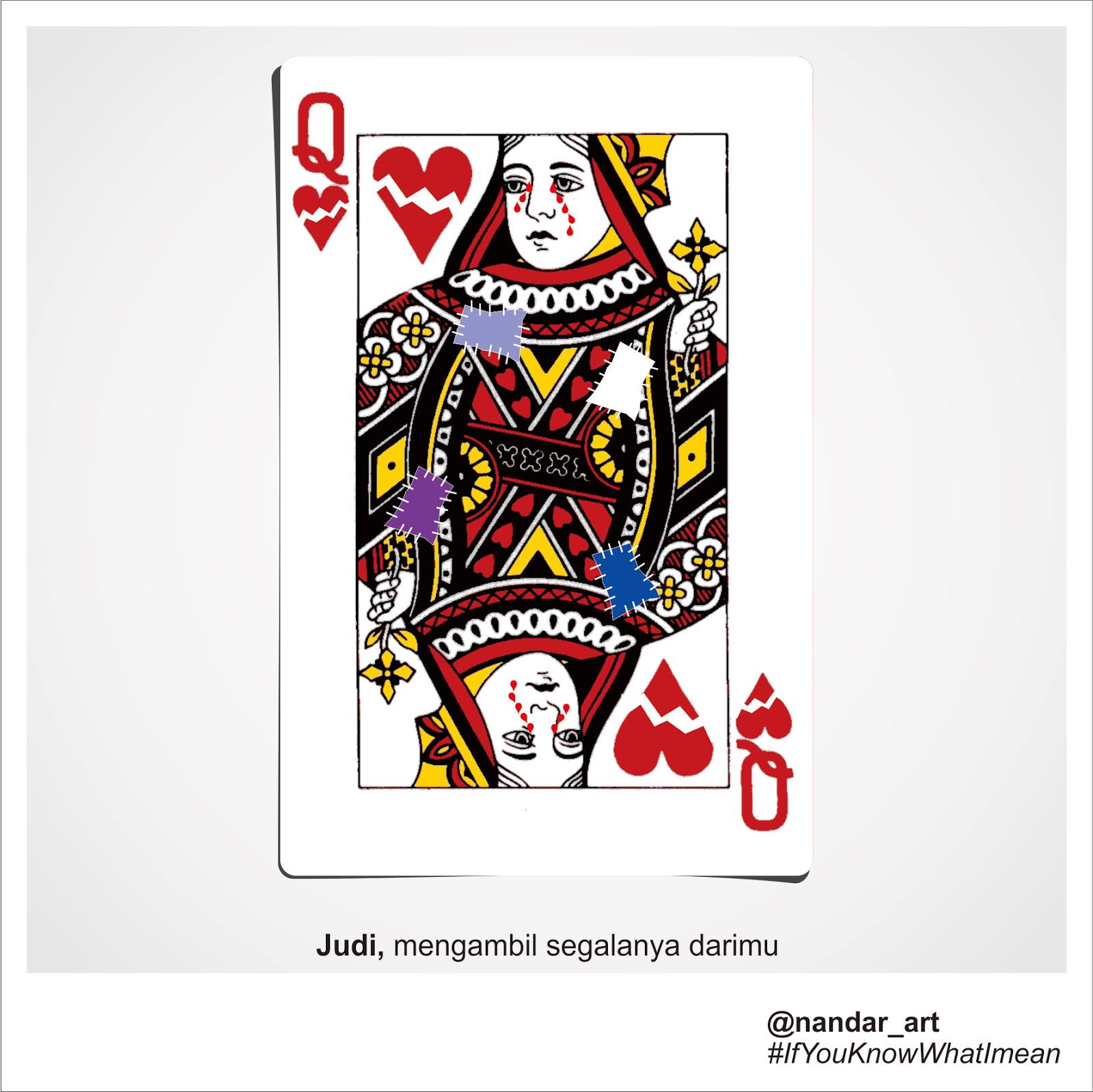Weron People Youth Community Conducts Social Service by Installing Streetlights Leading to the Mosque in Tegalharjo Pati
Nesianetwork.id - Pati, January 3, 2025 - The Weron People Youth Community continues their street lighting installation program along the road leading to the mosque in RT 03, Dukuh Weron, Tegalharjo Pati.
Two streetlights were installed at key points: the main road leading to Al Mujahidin Mosque, located north of the bridge in front of Mrs. Salamah’s house, and at the turn in RT 03, near the corner of Mr. Nur Imam's house.
This time, the lights used were 50-watt and 100-watt LED floodlights, chosen for their energy efficiency, brightness, and durability. The switches utilize automatic Photo Cell technology, which allows the lights to turn on at sunset without requiring manual operation by the residents.
The social work program to install streetlights received a positive response from the residents. Mr. Sronto expressed his gratitude, saying, "We are thankful to the friends from the Weron People Youth Community for collaborating with us and helping install lights at the RT 03 intersection and along the road to the mosque, so it is no longer pitch-dark at night."
Another resident shared similar sentiments, saying, "On behalf of RT 03 residents, thank you to everyone involved, especially the Weron People team. May these good initiatives continue in the future. Together with Weron People, we can achieve more," said Mr. Nur Imam, a resident of RT 03 Weron.
Meanwhile, Paminto, the chairman of the Weron People Community, reported that so far, four streetlights had been installed along the road to Al Mujahidin Mosque, one leading to Al Hikmah Mushola, two through collaboration with RT 02, and one in partnership with RT 03.
“We plan to add one more light point south of the mosque road. We welcome support from anyone interested in contributing to our programs for a better Dukuh Weron,” he explained when interviewed by the media.
Since its establishment in October 2024, the Weron People Community has actively participated in various social activities in Dukuh Weron. Readers interested in learning more can visit their official website at: https://www.weronpeople.my.id























